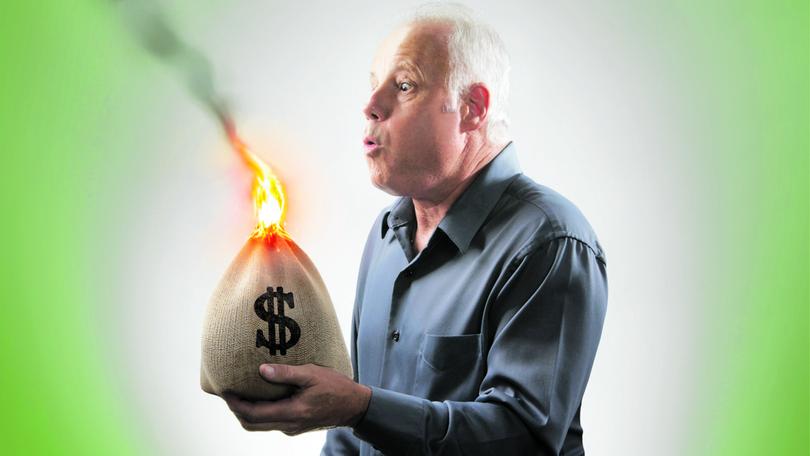Nick Bruining: Planning your retirement? Here’s why you should NOT cash out your superannuation savings
For many seniors approaching retirement, their first instinct is to rip money out of the superannuation system completely and drop it into a bank account. Here’s why you shouldn’t.

For many seniors approaching retirement, their first instinct is to rip money out of the superannuation system completely and drop it into a bank account.
Here’s why you shouldn’t.
Account-based pension funds are the recommended tax-free haven for seniors. They can only be accessed with money built up through superannuation accumulation accounts and can only be used when you reach retirement age, or through other special conditions such as a permanent disability.
Sign up to The Nightly's newsletters.
Get the first look at the digital newspaper, curated daily stories and breaking headlines delivered to your inbox.
By continuing you agree to our Terms and Privacy Policy.Using superannuation as the gateway effectively restricts the amount of money that can go into an ABP because there are annual limits or caps and other rules that apply to super contributions.
There’s also a limit of $1.9 million on the amount of money that can be transferred into an individual’s ABP for reasons that will soon become obvious. That limit is called a transfer balance cap.
Money in an ABP benefits from no tax being payable on the earnings inside the fund and no tax on any withdrawals.
The tax-free status applies to one-off lump sum amounts and regular payment amounts. That generosity is also why there are limits to the amount of money that can be moved into an ABP, namely the $1.9m transfer balance cap.
The tax-free status on earnings will change next year if you have more than $3m in super as an individual — a nice problem to have.
There are no restrictions on pulling out all or some of your money but there are significant restrictions in putting it back in if you change your mind or discover the benefits of an ABP later on.
While some people opt to cash out their superannuation at retirement and park the money in bank accounts or other investments, that risks exposing them to tax liabilities and the associated hassle of having to lodge tax returns.
The majority of seniors using ABPs as their primary investment vehicle are not required to lodge tax returns once the fund has been established because their taxable income is below the thresholds where they need to pay tax.
The only downside of an ABP is that you are compelled to take a percentage of the June 30 account balance the following financial year. That changes as you age which, for most people, aligns with the balance of the account and the amount they are spending.
Nick Bruining is an independent financial adviser and a member of the Certified Independent Financial Advisers Association

